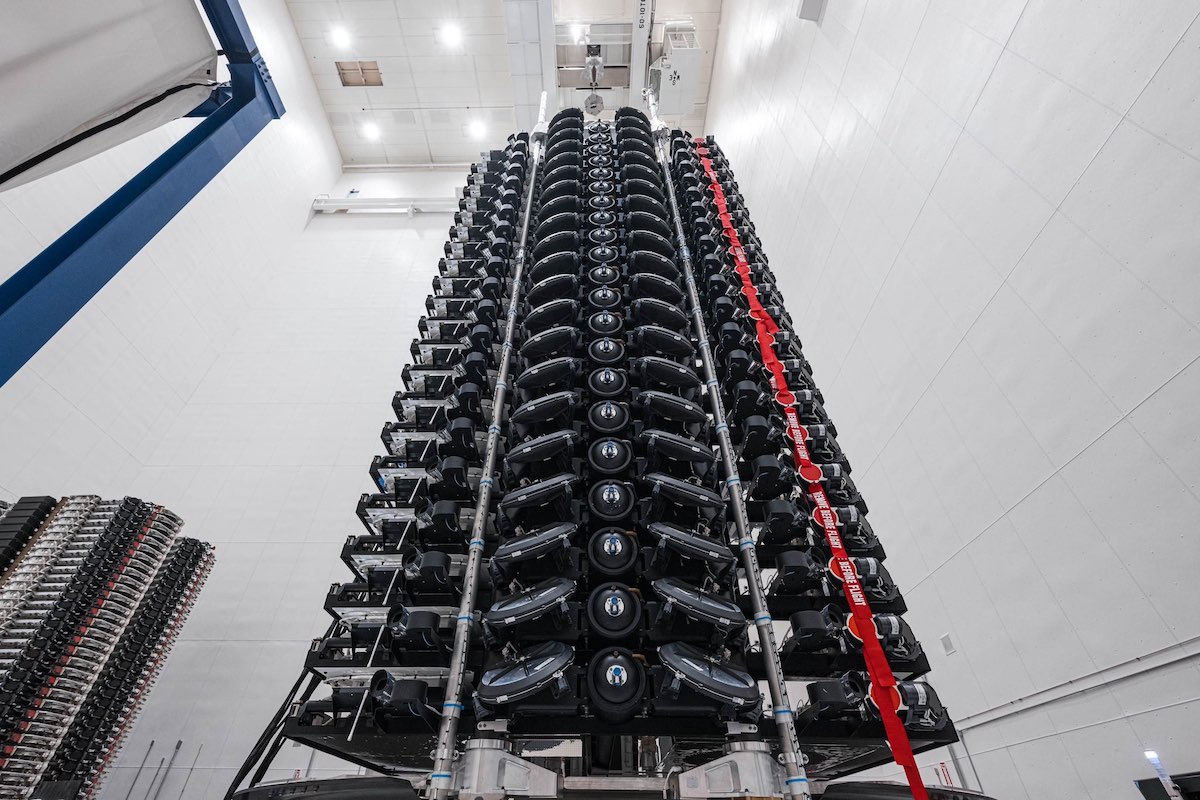Criticism of the Carbon Tax: A Misguided Approach
The federal carbon tax, introduced in 2019, remains a relatively recent addition to Canada’s policy landscape. With recent spikes in inflation, Canadians have become increasingly sensitive to the costs of goods and essentials. Compounded by the fact that the carbon tax incrementally rises each year (typically on April 1), public scrutiny intensifies.
Yet, the immediate benefits of carbon pricing and the potential long-term repercussions of not implementing such policies are not readily apparent, despite a notable decline in Canada’s greenhouse gas emissions.
When Conservative leader Pierre Poilievre rallies his supporters with chants of “axe the tax” and “spike the hike,” he targets a convenient adversary. However, unlike conventional taxes, the carbon tax is accompanied by a rebate scheme. In fact, proponents argue that for most households, the rebate surpasses the additional costs incurred due to the tax.
Considering that the majority of individuals, especially those with lower incomes, are projected to benefit more from the rebate than they incur in additional costs, repealing the carbon tax could potentially worsen the financial situation for many households.
For context, let’s examine the federal excise taxes on fuel, which have been in place long before the implementation of the carbon tax. Since 1995, these taxes have added 10 cents per litre to the price of gasoline. Unlike carbon tax rebates, the revenue generated from fuel excise taxes isn’t directly returned to households, although individuals with mobility impairments can apply for a partial refund.
Interestingly, there’s currently no significant push from opposition leaders or provincial premiers to abolish these excise taxes. This lack of fervor may stem from the fact that these taxes contribute $5 billion annually to the federal government, with $2 billion allocated to provinces for municipal infrastructure projects.
However, the effectiveness of carbon tax rebates hinges on public awareness of their existence. Recent changes in the federal government’s terminology, shifting from “Climate Action Incentive” to “Canada Carbon Rebate,” might be attributed to a lack of public recognition of these payments.
In January, Abacus Data conducted a survey among Canadians residing in provinces where the federal carbon tax is enforced. Participants were asked whether they had received a payment from the federal government in the past week. Out of those surveyed, 49 percent responded affirmatively, with the majority correctly identifying it as a rebate associated with the carbon tax. However, a significant portion, comprising 51 percent, reported not having received a rebate.
Interestingly, despite this, the federal government had distributed carbon rebates to 12 million Canadians in January alone.
Abacus’s findings may be influenced by the fact that, in the case of married or common-law couples, only one individual receives the rebate. Even with a broader wording of the question, the Liberal government’s standing only marginally improves. In November, a quarter of respondents told the Angus Reid Institute that neither they nor their households had received a rebate in the past year, with another 12 percent unsure of the status.
Moreover, among those who did receive a payment, 54 percent indicated that they paid more in carbon tax than they received in rebates.
Various factors could be undermining the Liberal government’s communication efforts. While energy suppliers explicitly outline the federal carbon charge on customer bills, banks are not mandated to clearly label rebates when depositing funds into Canadians’ accounts.
However, when David Coletto of Abacus released the findings in January, he proposed another potential explanation: the advertising restrictions on government implemented by the Liberals in 2016.
During the period spanning from 2009 to 2015, the former Conservative government allocated significant financial resources, amounting to tens of millions of dollars, towards promoting what it termed “Canada’s Economic Action Plan.” Initially employed to endorse the government’s delayed response to the Great Recession, this slogan was later extended to encompass a wide array of Conservative policies. Opposition parties vehemently criticized the utilization of public funds to bolster the incumbent government’s image.
Upon assuming office, the Liberal administration not only drastically reduced expenditure on advertising but also instituted new regulations and oversight mechanisms to constrain the utilization of government advertising. Presently, ads produced by the federal government must adhere to guidelines stipulating that they be “objective, factual, and explanatory,” while also prohibited from being “self-congratulatory or self-praising in nature.”
To grasp the meticulousness of non-partisan ad reviewers, one need only look at the public posting of changes to ad scripts. In 2019, a proposed ad by the Canada Revenue Agency was flagged due to a single phrase: “the new Climate Action Incentive is making a cleaner economy more affordable for everyone,” which was deemed self-congratulatory.
Speculating on the hypothetical actions of the Liberals without these regulations is challenging. It’s conceivable that a different approach to promoting initiatives like the carbon tax and rebate could have led to greater support or broader awareness, akin to the Economic Action Plan.
However, if it was considered an abuse of public funds when the Conservatives employed such tactics, it would remain so today. Notably, David Coletto did not advocate for a massive advertising campaign.
There may exist a reasonable compromise between the restrained advertising of recent years and past government spending practices. The Liberal government’s struggles in defending the carbon tax could reflect broader challenges all governments face in effectively communicating with voters, as Coletto has recently discussed.
Convincing voters to embrace a new tax, even with accompanying rebates, has historically been a formidable task, as Brian Mulroney understood. The increasingly fragmented media landscape of 2024 might exacerbate this challenge. Yet, if gaps in public awareness suggest the need for greater efforts from the Liberals, it doesn’t automatically imply a reliance on government ads.
To be fair to the Liberals, they might have assumed that the carbon tax debate concluded with the 2021 election, especially considering that the Conservatives, including Poilievre, campaigned on a platform that included a carbon pricing proposal. However, the extent of the ongoing contention was underscored when Trudeau spent over seven minutes in Calgary addressing a reporter’s query about the carbon tax.
In response to Rick Bell of the Calgary Sun, Trudeau acknowledged the persistent opposition to the carbon tax despite outlining the federal government’s rationale for its implementation. He remarked, “Your question, Rick, is sort of, well, that all makes sense, why are so many people still against it? Well, that’s a question that we all have to ask.”
Perhaps this question is one that warrants consideration from everyone, but it holds particular relevance for Trudeau himself.
Addressing an earlier inquiry regarding the carbon tax, Trudeau acknowledged the prevalence of “political misinformation and disinformation” surrounding the policy. However, if misinformation continues to cloud the debate, it places a greater onus on Liberals, as the architects of the policy, to dispel it.
Ultimately, voters may decide against the carbon tax. In such a scenario, the primary inquiry would revolve around whether Trudeau and his government adequately advocated for it.



